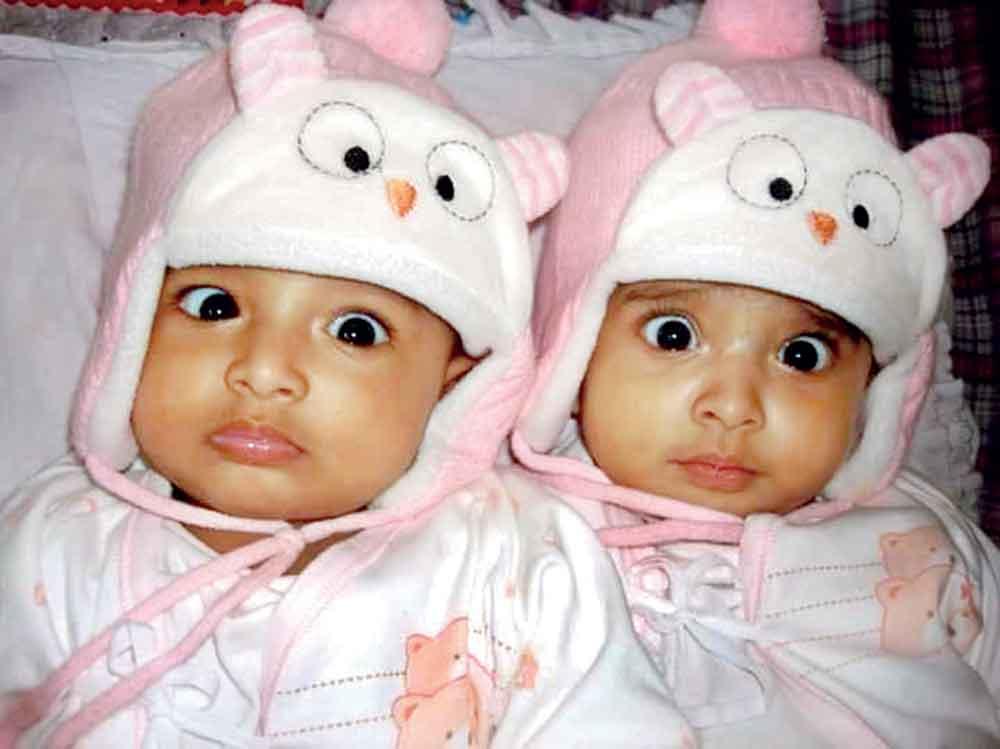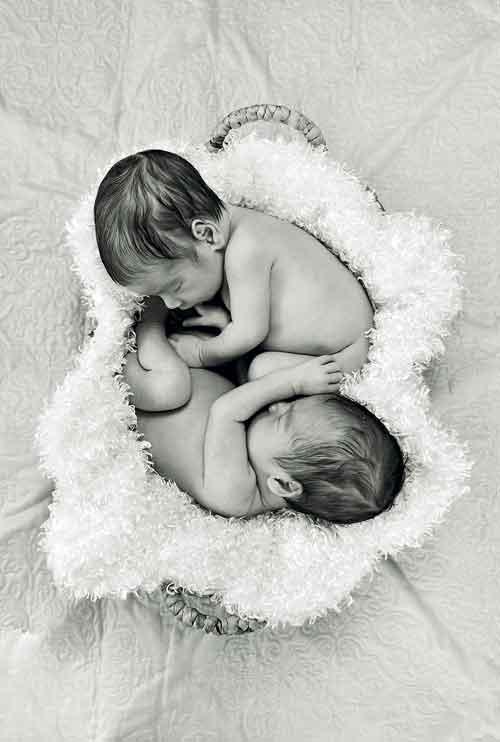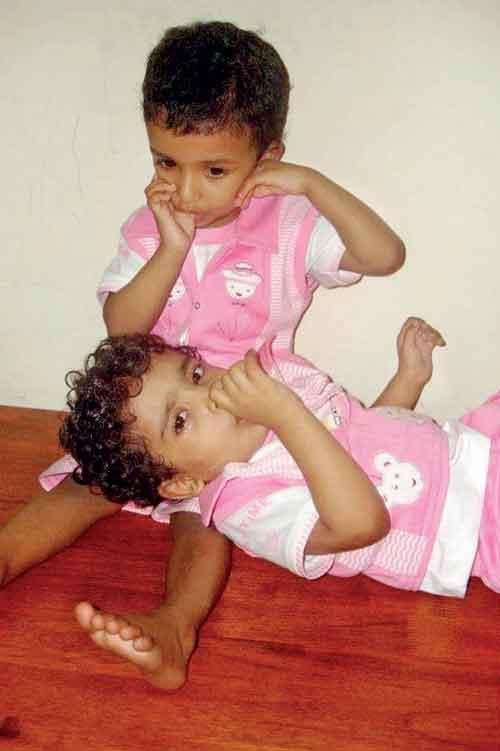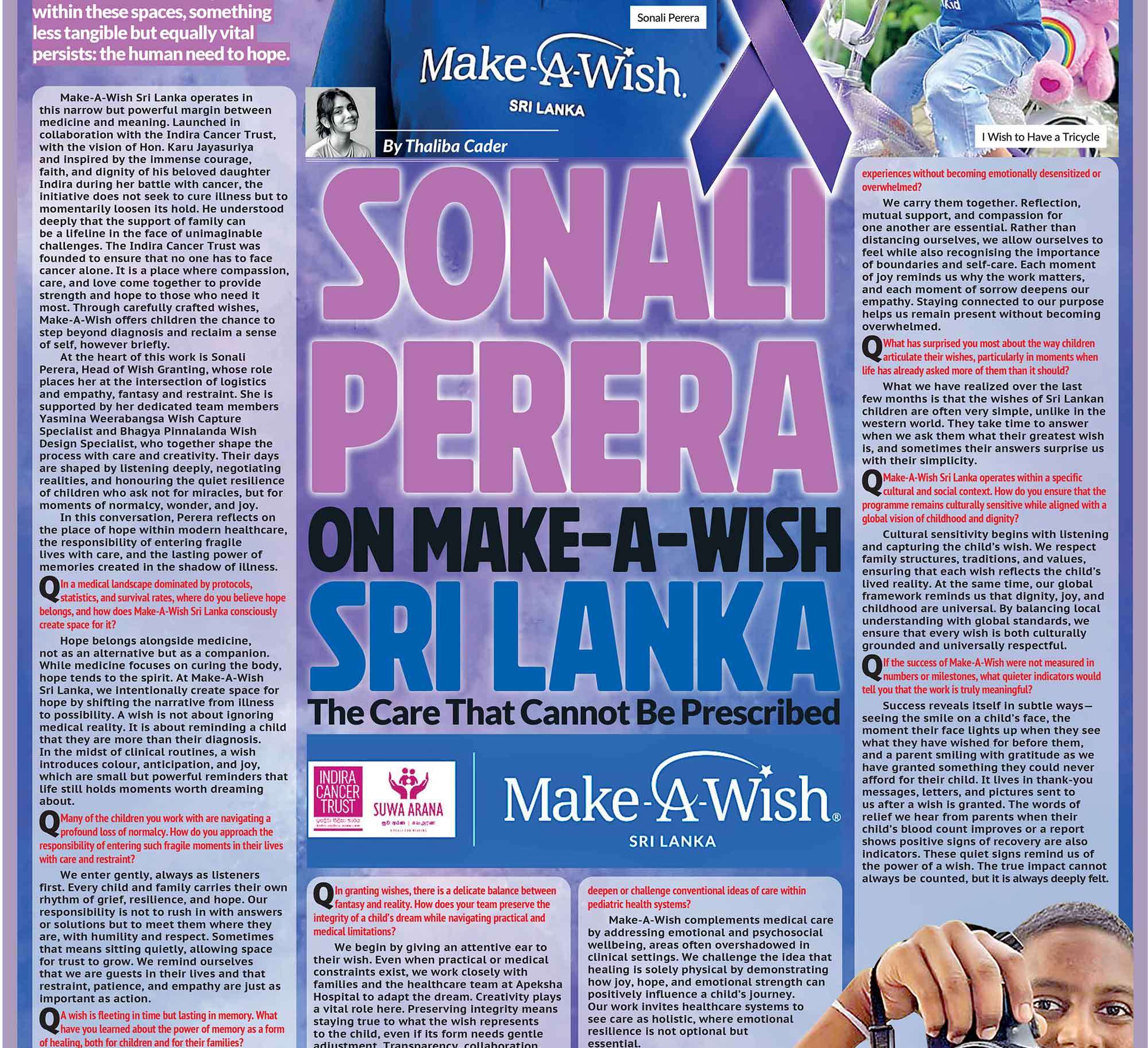
Growing up as a twin is often described as a once-in-a-lifetime experience, something rich with shared memories, mirrored lives, and an emotional bond so deep that outsiders can struggle to comprehend it. From matching baby clothes to synchronized giggles, the journey of twins can seem like a fairytale. Yet, behind the adorable duo photos and cute anecdotes, lies a complex and often misunderstood emotional landscape. Being a twin means being part of something special but also navigating the delicate balance between unity and individuality.
1. At the heart of this experience is a unique bond, one that many twins describe as almost telepathic. Whether fraternal or identical, twins often grow up feeling connected in an extraordinary way. Many recount stories of finishing each other’s sentences, sharing the same dreams, and sensing when the other is sad, happy, or unwell. This emotional intuition isn’t just folklore. According to psychologists, twin siblings, particularly those raised in close proximity and who share similar environments, often develop deeply attuned emotional intelligence toward each other. It’s as if growing up, side-by-side helps them become experts in reading one another’s feelings, even before a word is spoken.
2. During childhood, this connection can be incredibly comforting. In a world where fitting in often feels like a monumental task, twins never have to face it alone. The first day of school, birthday parties, sleepovers, all these moments are softened by the presence of someone who understands you in a way nobody else does. Many twins say they grew up with a built-in best friend, someone who shares not just toys or clothes but fears, hopes, and victories. They become each other’s safe space, emotional anchor, and loyal companion.
It's also worth noting that being a twin means dealing with the expectations of others. Society often romanticizes the twin experience, expecting identical tastes, psychic connections, and picture-perfect harmony
3. But like any relationship that runs deep, the twin bond also comes with its challenges, especially when it comes to developing a sense of self. One of the most common issues twins face is identity. When people constantly refer to you as “the twins” rather than by your individual name, it can feel as though your personal identity is being erased. This is particularly true for identical twins, who not only look alike but are often dressed similarly and encouraged, consciously or unconsciously, to behave in the same way. Well-meaning friends, teachers, and even family members may contribute to this confusion by comparing one twin to the other or expecting them to have the same skills, hobbies, or personalities.

4. In such cases, the struggle for individuality becomes a silent but critical battle. Some twins feel pressure to excel in different areas just to be seen as separate. Others might purposely adopt opposing personalities, one becoming the “outgoing” one, the other the “shy” one, simply to stake a claim to their uniqueness. While it’s natural for siblings to be compared, twins often face this comparison on steroids. It’s no longer just about who’s taller or who’s better at sports, but who is more successful, more attractive, or more liked. And when those comparisons are constant, they can be emotionally exhausting.
5. Psychologists stress the importance of encouraging twins to explore their own identities. Whether that means allowing them to choose different extracurricular activities, placing them in separate school classes, or celebrating their individual achievements, it’s crucial to remind each twin that they are whole and complete on their own. While shared experiences are valuable, they should not come at the cost of personal growth.
6. For parents and caregivers, this means being mindful of how they address their twins, avoiding labels like “the quiet one” or “the smart one” and instead nurturing their unique qualities and interests.
7. Interestingly, even as twins strive for individuality, many continue to find solace in their shared bond. Unlike many siblings who drift apart with age, twins often maintain an emotional closeness throughout their lives. Some studies suggest that twins are more emotionally supportive of each other than non-twin siblings. They tend to report lower levels of loneliness and anxiety, possibly because they have always had someone who truly understands them. This bond can serve as a powerful emotional buffer in times of stress, offering a kind of support system that is both consistent and deeply empathetic.

8. As they transition into adulthood, twins’ relationships evolve in diverse ways. Some continue to live close by or work in the same field, while others may choose different paths, even moving to different countries in pursuit of independence. And yet, despite physical distance or lifestyle differences, the emotional link remains resilient. For many twins, phone calls, text messages, or even just a shared look during a family gathering is enough to reaffirm that unshakable bond.
9. It’s also worth noting that being a twin means dealing with the expectations of others. Society often romanticizes the twin experience, expecting identical tastes, psychic connections, and picture-perfect harmony. But like any relationship, the reality is more nuanced. Twins argue, compete, and hurt each other just like anyone else. They may experience jealousy, rivalry, or resentment. Yet, these conflicts are often processed within the safety of a deeply rooted connection, one built on years of shared life.
10. In some cases, tragic circumstances, such as the loss of a twin, can bring unimaginable grief. The emotional aftermath can feel like losing a part of oneself. Psychologists call this a form of “mirror loss” a unique type of grief that stems not just from losing a loved one, but from losing the person who reflected your very being. Such experiences underscore the profound emotional intimacy that defines the twin relationship.
In some cases, tragic circumstances, such as the loss of a twin, can bring unimaginable grief. The emotional aftermath can feel like losing a part of oneself.
11. In the end, being a twin is not simply about matching appearances or sharing milestones. It’s about growing up with a living, breathing reflection of yourself, someone who both challenges and cherishes you, competes and comforts you. It’s a life defined by duality: two hearts, two minds, but often one journey. And whether that journey is filled with laughter, competition, deep love, or the occasional fight over who stole whose shirt, it’s undeniably special.

12. So, is being a twin a double blessing or a double challenge? The answer is, it’s both. It’s waking up every day with a partner in crime, a rival, and a lifelong friend. It’s learning to love yourself while loving someone who is like you; but not you. It’s a delicate dance between togetherness and autonomy, and one that very few people will ever get to truly understand. For those who do, it is an unforgettable adventure, woven with double the memories, double the lessons, and, above all, double the love.











